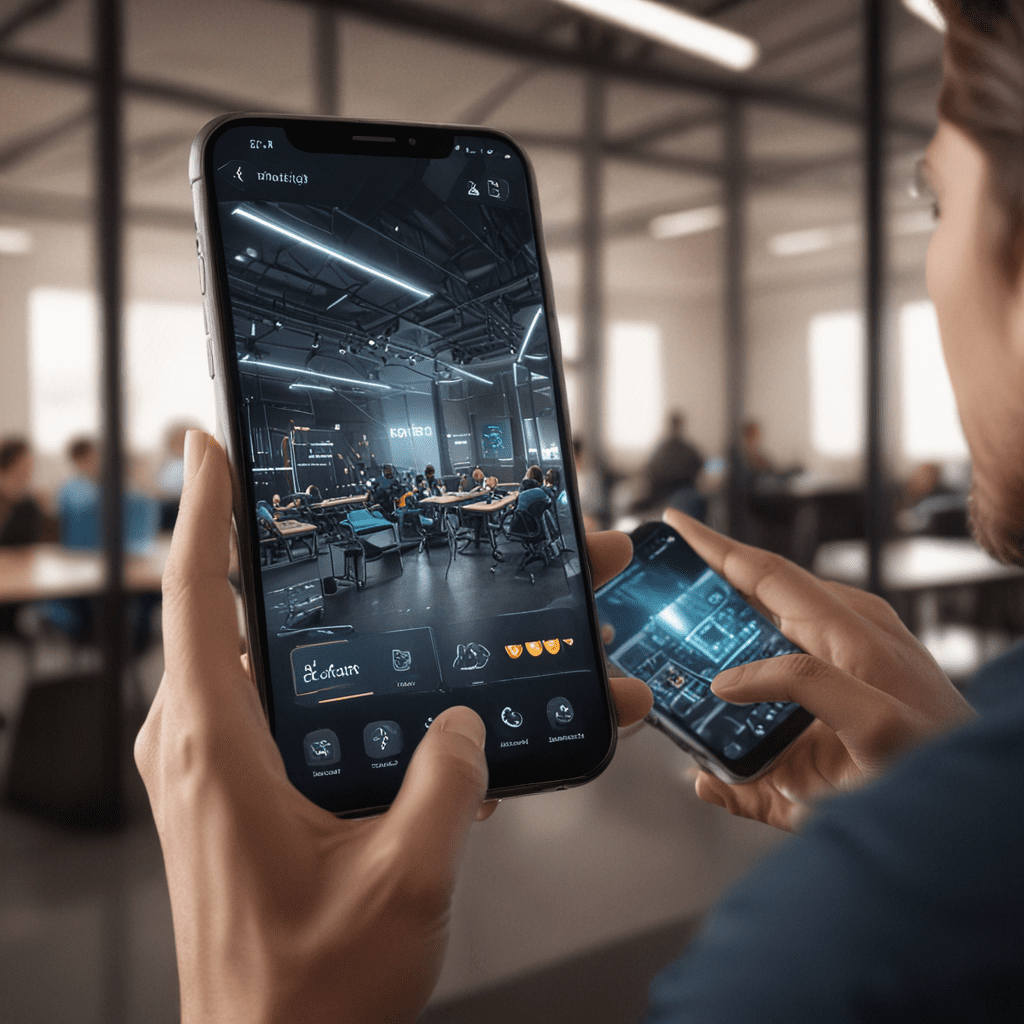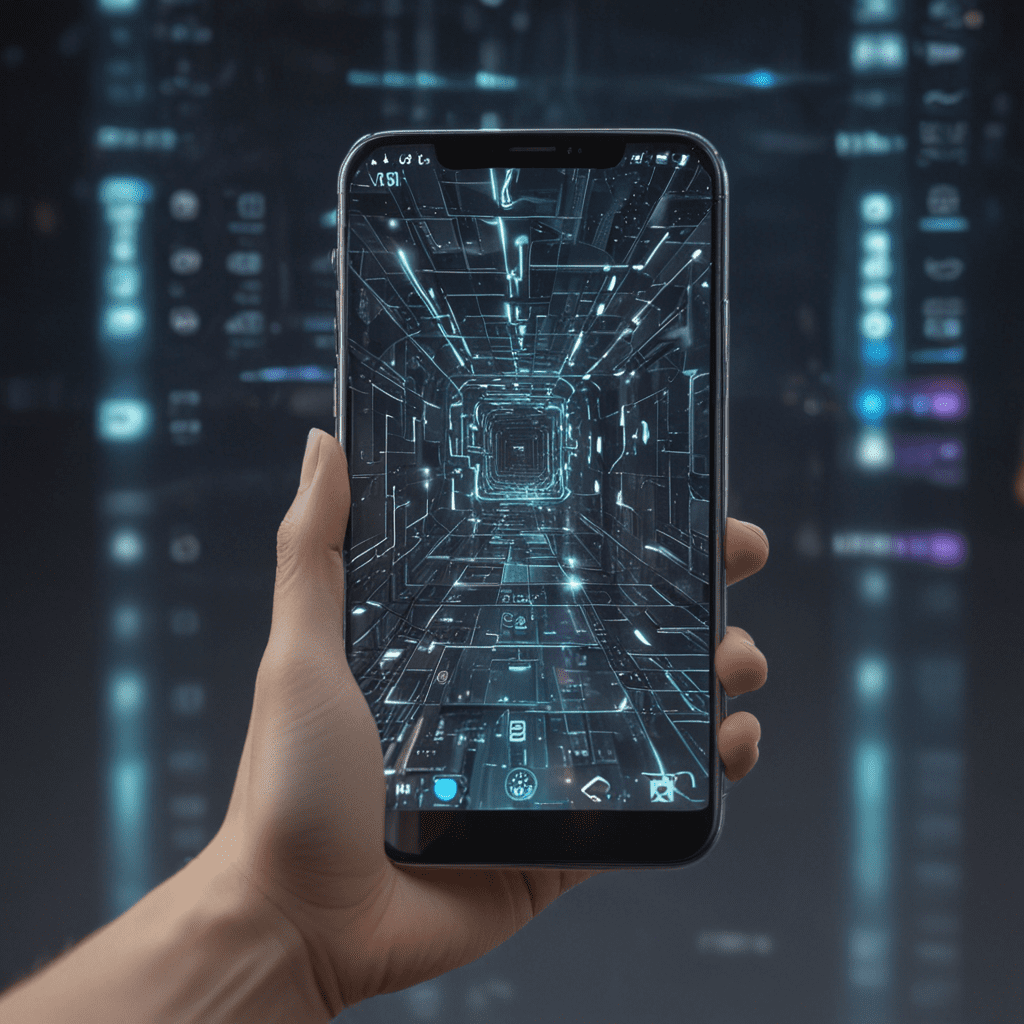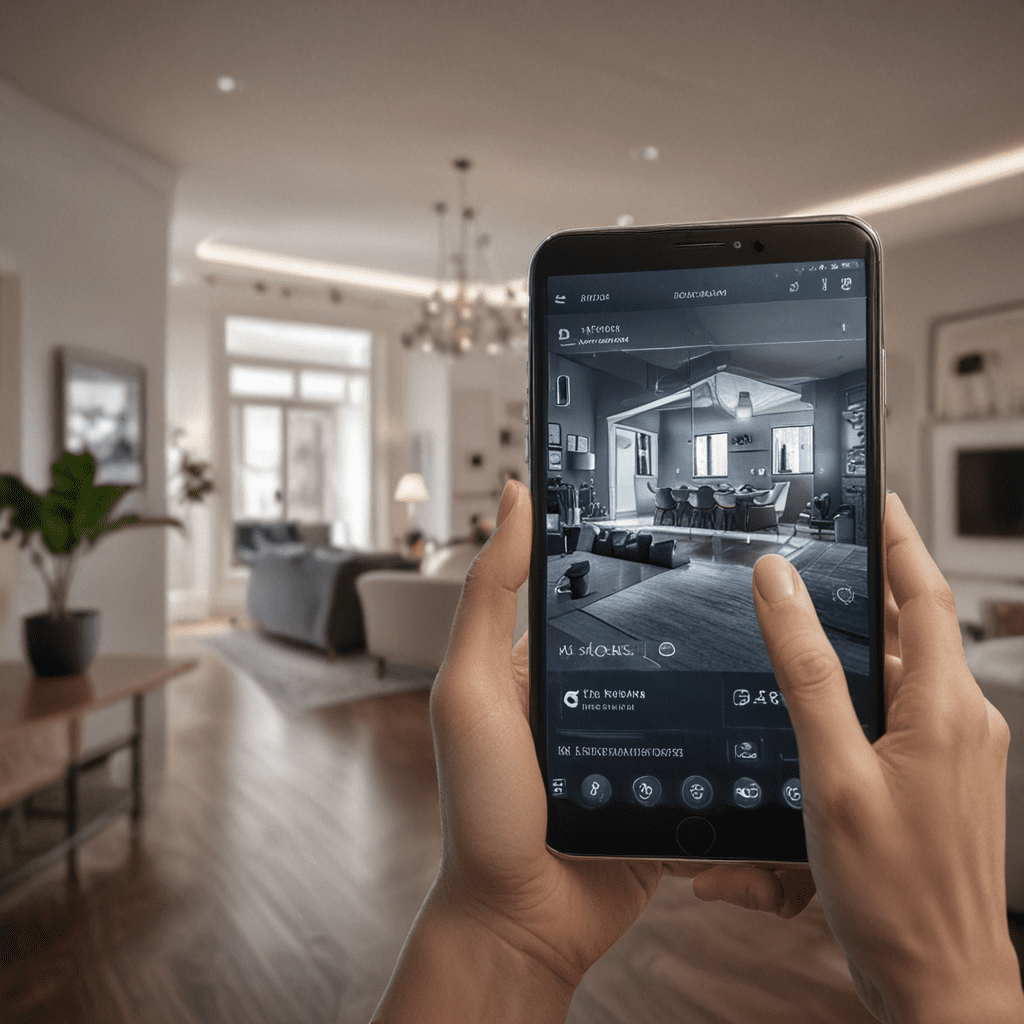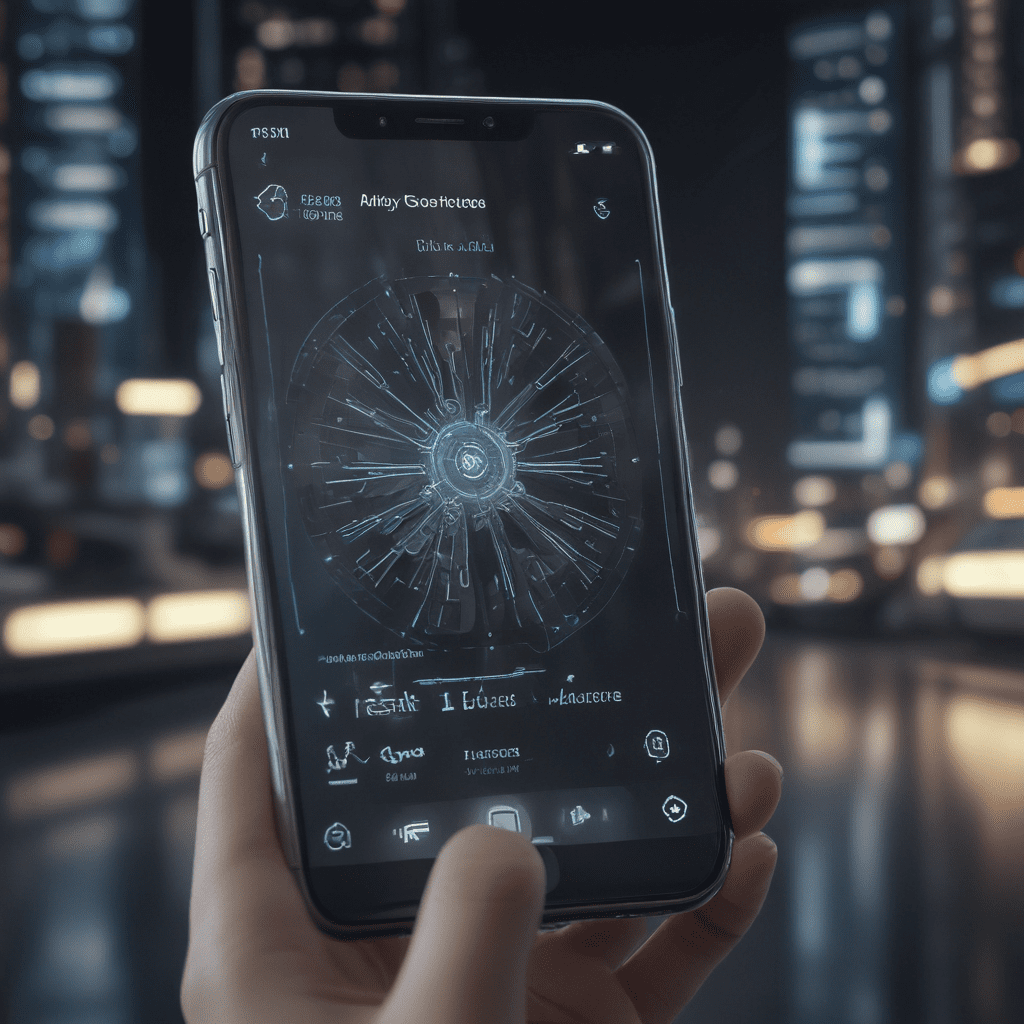Mobile App Development for Remote Training: Innovations
1. Immersive Technologies for Remote Learning
The use of immersive technologies such as virtual reality (VR) and augmented reality (AR) is revolutionizing remote training. These technologies create realistic and engaging learning environments that allow learners to interact with virtual simulations, collaborate with teammates, and experience scenarios that may be difficult or impossible to replicate in a traditional classroom setting.
2. Gamification and Interactive Elements
Gamification techniques and interactive elements such as simulations, quizzes, and games have been integrated into mobile apps for remote training. By incorporating game-like elements, such as rewards, challenges, and leaderboards, these apps enhance learner engagement, motivation, and knowledge retention.
3. Artificial Intelligence and Machine Learning for Personalized Training
Artificial intelligence (AI) and machine learning (ML) are transforming remote training by providing personalized learning experiences. These technologies analyze learner data, including progress, strengths, and weaknesses, to tailor training content and delivery to individual needs. This results in a more efficient and effective learning experience.
4. Cloud-Based Collaboration and Real-Time Interaction
Cloud-based platforms facilitate seamless collaboration and real-time interaction during remote training. These platforms enable learners to share documents, collaborate on projects, and engage in live video conferencing sessions with trainers and peers. The ability to share screens and annotate content enhances learning and encourages active participation.
5. AR and VR for Virtual Mentorships and On-the-Job Training
AR and VR technologies are also being used to provide remote learners with virtual mentorships and on-the-job training experiences. These technologies create immersive environments where learners can interact with virtual mentors, receive real-time feedback, and perform hands-on tasks without the need for physical presence at a training facility. This enhances skill development and practical application.
6. Augmented Reality for Enhanced Visual Learning and Troubleshooting
Augmented reality (AR) technology superimposes digital information onto the real world, providing learners with enhanced visual aids and troubleshooting capabilities. AR apps can overlay manuals, instructions, and diagrams onto equipment or machinery, allowing learners to visualize complex procedures, identify potential issues, and solve problems more effectively.
7. Chatbots and Virtual Assistants for 24/7 Support
Chatbots and virtual assistants powered by artificial intelligence are becoming increasingly prevalent in remote training apps. These virtual assistants provide 24/7 support, answering learner queries, providing immediate feedback, and guiding them through training materials. Chatbots can also monitor learner progress and offer personalized recommendations, enhancing the overall learning experience.
8. Blockchain for Secure and Transparent Training Records
Blockchain technology is revolutionizing the management and security of training records. By leveraging decentralized and immutable ledgers, blockchain ensures the authenticity and integrity of training certificates and transcripts. This eliminates the risk of record tampering and provides verifiable proof of learner achievements.
9. Microlearning and Spaced Repetition for Effective Knowledge Retention
Microlearning involves delivering training content in short, bite-sized modules that are easily digestible and retainable. Spaced repetition refers to the technique of presenting information at gradually increasing intervals to enhance long-term memory. Mobile app development embraces these techniques, providing learners with efficient and effective ways to acquire and retain knowledge.
10. Tracking and Analytics for Data-Driven Optimization
Mobile app development for remote training allows for robust tracking and analytics capabilities. These apps track learner progress, assess engagement levels, and identify areas for improvement. Data analytics provide valuable insights that enable training providers to optimize their content, delivery methods, and overall effectiveness. By leveraging data-driven decision-making, training programs can be tailored to meet the specific needs and learning styles of remote learners.
FAQs on Mobile App Development for Remote Training
Q: How secure are mobile apps for remote training?
A: Apps should employ encryption and strong security protocols to protect learner data, including personal information, training records, and communication.
Q: What devices are supported by mobile apps for remote training?
A: Most apps are designed to be compatible with a wide range of devices, including smartphones, tablets, and laptops. Ensure compatibility with the devices your learners will be using.
Q: How can I ensure the effectiveness of my remote training program using a mobile app?
A: Consider factors such as learner engagement, personalized content, progress tracking, and support mechanisms. Seek feedback from learners and use data analytics to identify areas for improvement.
Q: How much does it cost to develop a mobile app for remote training?
A: Costs vary depending on the complexity of the app, features, and development team. Obtain quotes from multiple vendors to compare pricing and choose the best option.
Q: How can I find a reputable mobile app development company for remote training?
A: Research companies specializing in educational technology, check their portfolio and references, and consider their experience in developing remote training solutions.



